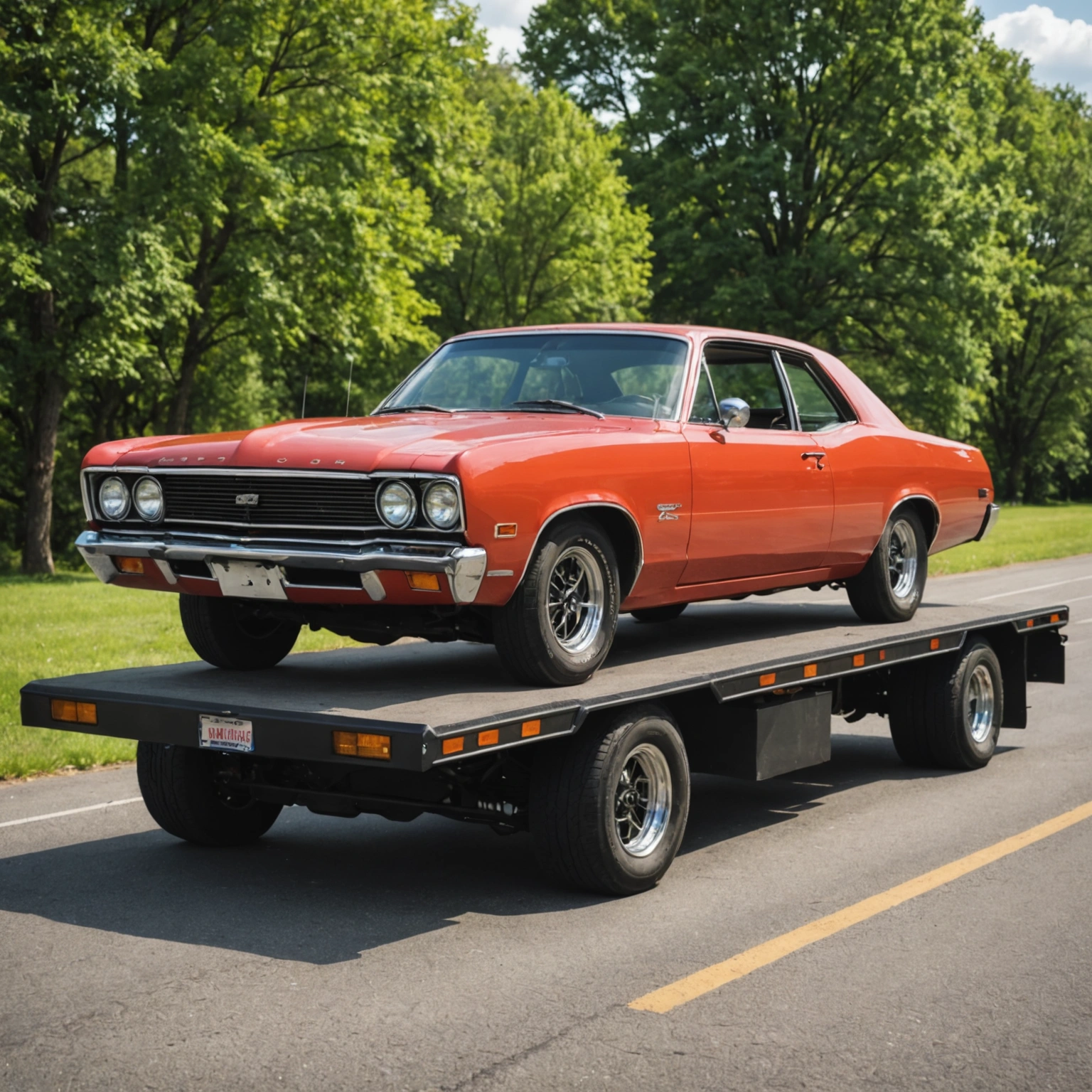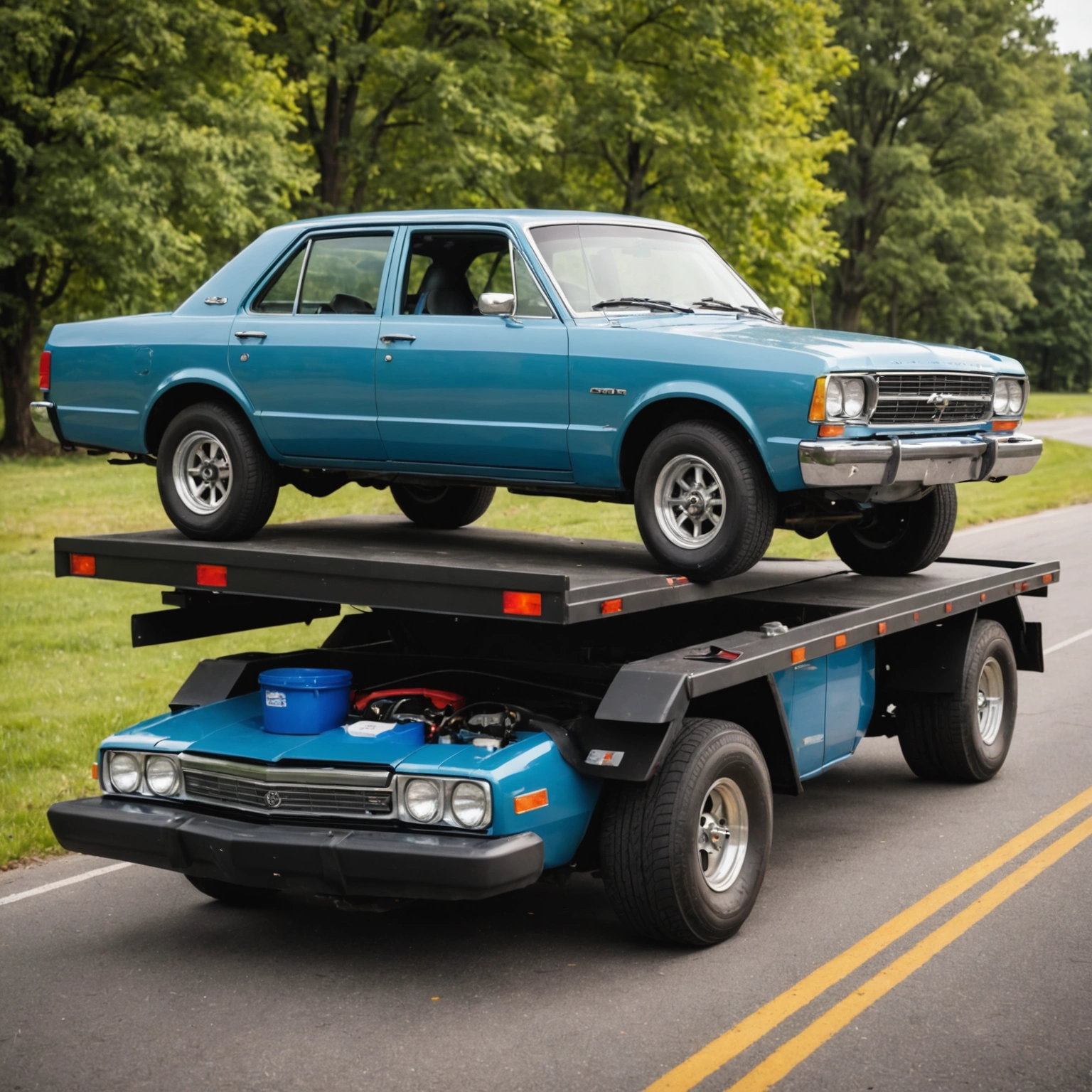**How Much Does My Car Weigh in Tons? A Simple Guide to Understanding Vehicle Weight**
When it comes to cars, weight is an important factor that influences performance, fuel efficiency, safety, and even registration requirements. But if you’re wondering, “How much does my car weigh in tons?” you’re not alone. Let’s break down the basics to help you understand your vehicle’s weight in tons and why it matters.

### Understanding Car Weights
Most vehicles are measured in pounds (lbs) or kilograms (kg), but tons are also a common unit of measure, especially in the United States. There are two primary types of tons:

– **Short Ton (US Ton):** Equal to 2,000 pounds.
– **Long Ton (Imperial Ton):** Equal to 2,240 pounds.

– **Metric Ton (Tonne):** Equal to 1,000 kilograms or approximately 2,204.62 pounds.
For most automotive contexts in the U.S., the short ton is used, but it’s good to be aware of all three.

### Typical Car Weights
– **Compact cars:** Usually weigh between 2,500 to 3,500 lbs (~1.25 to 1.75 tons).
– **Sedans:** Typically weigh around 3,000 to 4,000 lbs (~1.5 to 2 tons).
– **SUVs:** Range from 4,000 to 6,000 lbs (~2 to 3 tons).
– **Pickup trucks:** Usually weigh between 4,500 to 7,000 lbs (~2.25 to 3.5 tons).
### How to Calculate Your Car’s Weight in Tons
To find out how much your car weighs in tons, follow these simple steps:
1. **Find your vehicle’s curb weight:** This information is usually listed on the manufacturer’s label, owner’s manual, or vehicle specifications sheet.
2. **Convert pounds to tons:**
– **Using short tons:** Divide the weight in pounds by 2,000.
– **Using long tons:** Divide the weight in pounds by 2,240.
– **Using metric tons:** Convert pounds to kilograms (1 lb = 0.453592 kg), then divide by 1,000.
**Example:**
Suppose your car weighs 3,500 lbs.
– In **short tons**: 3,500 ÷ 2,000 = **1.75 tons**
– In **long tons**: 3,500 ÷ 2,240 ≈ 1.56 tons
– In **metric tons**:
3,500 lbs × 0.453592 = 1,586.57 kg
1,586.57 ÷ 1,000 = **1.59 metric tons**
### Why Does Car Weight Matter?
– **Fuel Efficiency:** Lighter vehicles generally consume less fuel.
– **Performance:** Heavier vehicles may have different handling characteristics.
– **Safety & Towing:** Knowing your vehicle’s weight is crucial when towing or considering safety features.
– **Legal & Registration:** Some states or countries have weight-related registration rules.
### Final Tips
– Always refer to your vehicle’s official specifications for accurate weight.
– Remember that the curb weight does not include passengers, cargo, or additional accessories—these can add to the total weight.
**In Summary:**
To answer the question, “How much does my car weigh in tons?” simply find your vehicle’s weight in pounds and divide by 2,000 for short tons, or by 2,240 for long tons. Most passenger cars fall between 1 and 3 tons, making them manageable in terms of weight but still significant in terms of safety and performance.
Happy driving, and stay informed about your vehicle’s specifications!

